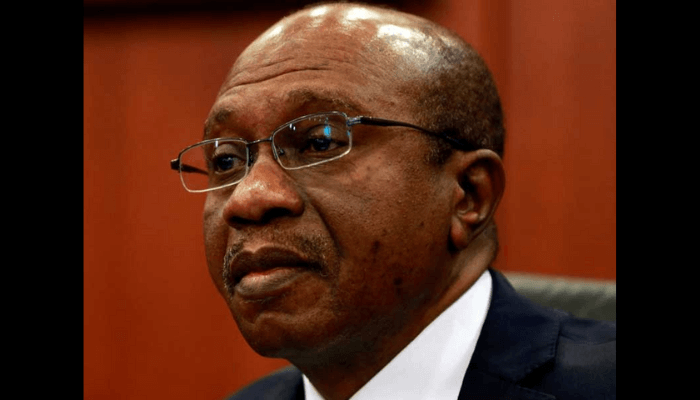Former Central Bank of Nigeria Governor, Mr. Godwin Emefiele, has approached the Court of Appeal in Abuja to contest a ruling that granted the federal government ownership of a 753-unit housing estate located in Lokogoma, Abuja.
The contested property was the subject of an asset forfeiture initiated by the Economic and Financial Crimes Commission (EFCC), which obtained both interim and final forfeiture orders in late 2024. The commission had originally tied the estate to a separate unnamed ex-government official, but Mr. Emefiele is now asserting his interest in the estate, insisting he was unjustly excluded from the legal proceedings.
Represented by Senior Advocate of Nigeria, A.M. Kotoye, Emefiele argues that he was denied the opportunity to defend his interest in the property. In his petition, he told the court that he was unaware of the proceedings due to what he described as the EFCC’s deliberate concealment of the case.
Claims of Misrepresentation and Procedural Breach
According to Emefiele, the EFCC published the notice of forfeiture in a “barely visible” section of a newspaper, thereby preventing him from seeing or responding to it in time. He further stated that he was simultaneously facing three separate criminal trials in both Lagos and Abuja at the time, which hindered his ability to monitor public notices.
“The commission was in direct communication with me on other matters. It is inconceivable that they would proceed with a forfeiture involving me without proper notification,” Emefiele argued in his filing.
However, the trial court dismissed these claims, ruling that the EFCC had adhered to legal requirements. The judge maintained that the publication of the forfeiture notice satisfied statutory provisions and could not be considered obscure or hidden.
Unconvinced by the ruling, Emefiele filed an appeal on April 30, 2025, requesting the appellate court to set aside the final forfeiture judgment delivered on April 28. His appeal also seeks to nullify both the interim and final forfeiture orders issued on November 1 and December 2, 2024, respectively.

Allegations of Miscarriage of Justice
In his appeal, Emefiele contends that the lower court erred in law and failed to give due weight to the evidence and affidavits he submitted. He claims that the ruling was based on what he called “hearsay, suspicion, and speculative evidence.”
“The court’s refusal to acknowledge my legal and equitable interest in the estate constitutes a grave miscarriage of justice,” he stated.
“The failure to evaluate the evidence presented, and the reliance on procedural technicalities, renders the ruling perverse and unconstitutional.”
Emefiele insists he holds a legitimate claim to the estate, despite the trial court’s finding that he had not provided sufficient proof of ownership.
Appeal Halts Government’s Disposal Plans
Amid ongoing legal proceedings, Emefiele’s legal team has written to the Minister of Housing, requesting an immediate suspension of plans to sell the estate. This comes after the federal government signaled its intention to auction the properties as part of an affordable housing initiative targeting low- and middle-income Nigerians.
“We have served both the EFCC and the relevant ministries with notices of appeal and an application for an injunction,” his counsel confirmed.
“We urge the government to refrain from any disposition of the estate pending the resolution of the appeal.”
The case now moves to the Court of Appeal, where the former central banker hopes to reclaim what he describes as a constitutionally protected property interest. The outcome could have broader implications for asset recovery and due process in Nigeria’s anti-corruption landscape.



